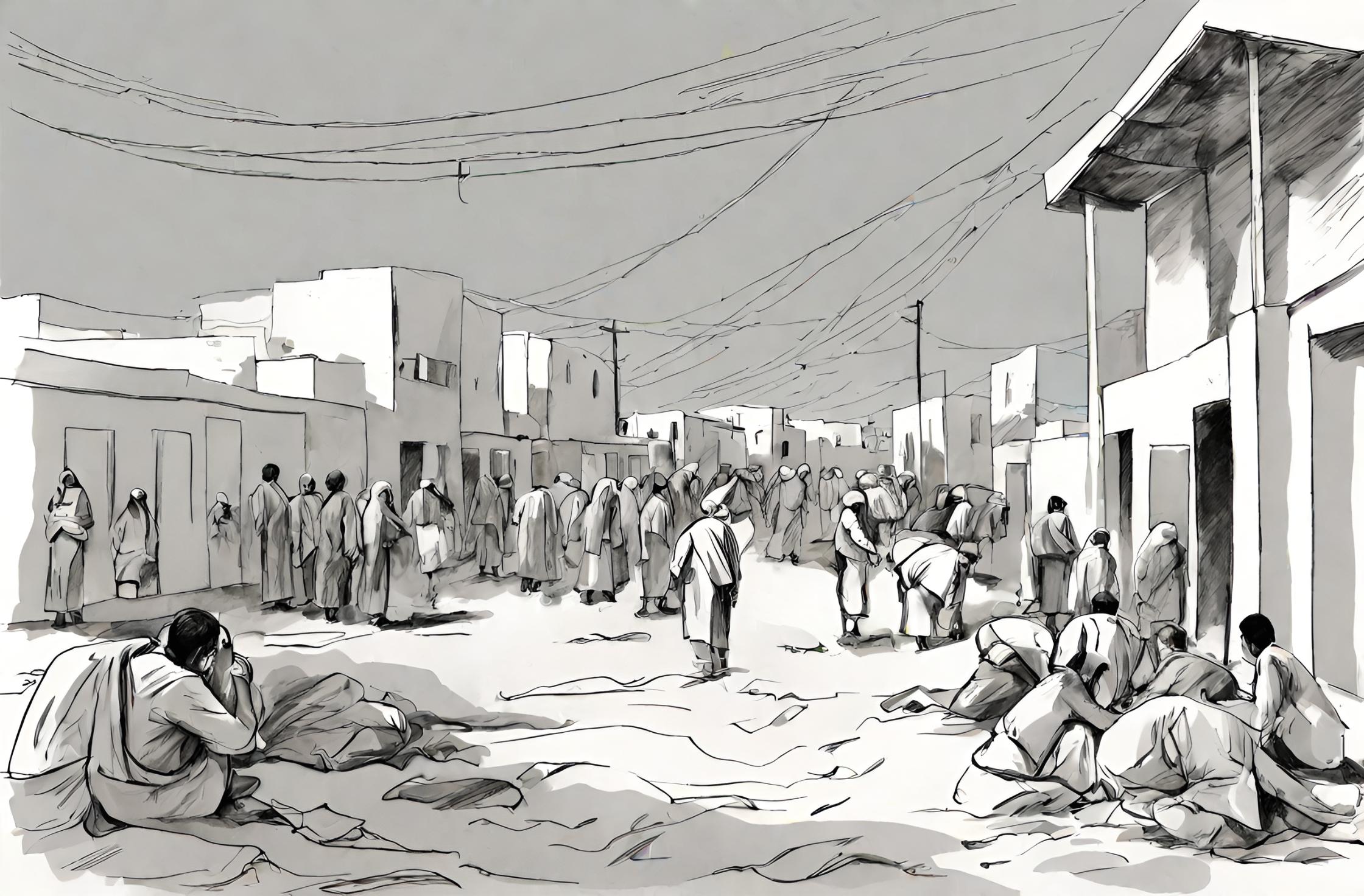Flashback to August 25
World History

1572
Saint Bartholomew’s Day Massacre: On the orders of king Charles IX of France, a massacre of Huguenots (French Protestants) begins.
Read moreThe Saint Bartholomew’s Day Massacre, which unfolded on the 24th of August in 1572, remains one of the most notorious events in the turbulent history of France. The incident was propelled by King Charles IX’s order to eradicate Huguenots, who were recognized as French Protestants, following tensions between Catholics and Protestants during this period. This religious conflict simmered beneath the veneer of royal commands and political intrigues, leading to a horrific event in historical memory.
With King Charles IX at the helm, the French monarchy harbored a simmering resentment and fear towards the Huguenots, partly on religious grounds, but also due to the perceived threat the emerging Protestant nobility posed to the Catholic crown. They were considered a provocation and a disruption to the stability of the kingdom. Behind the scenes, these looming threats propagated a justification for the atrocities that would unfold on that fateful August day in 1572.
Accounts from the time detail the horrifying sequence of events that transpired during the Saint Barthomew’s Day Massacre. In the early morning hours of August 24th, closely followed orders from the king set in motion a meticulously planned attack. French soldiers and Catholic citizens alike were rallied, commencing the brutal extermination of Huguenots.
Violence escalated quickly as the massacre unfolded across Paris. Huguenots were hounded down, pulled from their beds, and executed in the streets, leaving no member of the Protestant community safe from this targeted aggression. City officials largely facilitated this religious cleansing, with even women and children not spared from the brutality of the attacks. Unspeakable acts of violence spilled over from Paris into smaller towns and provinces over the ensuing weeks, compounding the overall death toll and creating an atmosphere of terror and fear.
While estimates vary, it is widely agreed upon by historians that anywhere from 5,000 to 30,000 Huguenots lost their lives during the Saint Bartholomew’s Day Massacre. This appalling act is not merely a testament to the period’s religious tensions, but also a glaring example of how political and royal power can wield religious divisions to facilitate genocide.
The aftermath of the Saint Bartholomew’s Day Massacre witnessed King Charles IX and his mother Catherine de’ Medici virtue signaling regret and astonishment at the scale of the violence. However, foreign and local observers were skeptical of their feigned dismay. Despite attempted diplomatic cover-ups and public declarations of peace and tolerance, the massacre had succeeded only in deepening the religious division in France, paving the way for the escalation of the French Wars of Religion.
While the horror of the Saint Bartholomew’s Day Massacre has echoed throughout the centuries, the event also crucially underscores the potential volatility of religious strife intertwined with political power. It is an important historical episode that prompts continual discussion and analysis, highlighting the need to strive for religious tolerance and peace.
In the context of today’s world, the story of Saint Bartholomew’s Day Massacre raises inevitable questions about religious freedom, tolerance, and the potential for violence when differing beliefs are manipulated for political ends. The tragedy of 1572, driven by the orders of Charles IX, transcends beyond the realm of ancient history, serving as a stark reminder of the consequences of religious persecution, and the devastation that can ensue when power is combined with religious intolerance.
We strive for accuracy. If you see something that doesn't look right, click here to contact us!
Sponsored Content

Afghanistan bomb kills 43…
The tragic bombing event…

The Kuomintang, the Chinese…
"Marking a pivotal moment…

In London, an Agreement…
"On August 25, 1939,…

Belarus declares independence from…
On August 25, 1991,…

United Nations security council…
On August 25, 1990,…

German commander of Paris,…
On August 25, 1944,…

